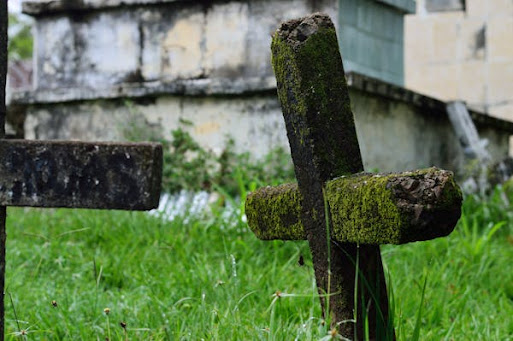Reflections from the Ghetto: the state of Health, a national crisis.
The
next time it happens, the pins and punches from the inside are back again, only
this time l don’t faint. They prick and hit me for many hours, my brothers and
my mother nurse me. My father is called. So is the Pastor. In their minds, they
prepare for a funeral. The next day, I’m recovering. With swollen eyes and
falling clothes, I can finally fake a smile where l need to.
The
third time it happens, the pins that prick me from the inside do so in quick
succession. I look for help, only I’m alone in the office. I drag myself to the
elevator and as soon as l come out of it, l faint. My boss arrives, bereft of speech, and rushes
me to the nearest clinic. My mother is called. Finally, l am diagnosed. "Congratulations, its not cancer just dysmenorrhea!". I doubt that, but play nice.
I am discharged.
Now, l have just finished my three
month treatment, the doctor prescribed family planning pills. I am again
waiting nervously, for my next period, wondering if it will be better, worse,
or the same as the previous ones.
I
reminisce on a lot of factors. I reminisce on how the few hours l was admitted
to a clinic, cost me a third of my salary.
I
reminisce on poverty. Poverty that kept me from going to the hospital for nine
years. It was poverty that encouraged those of us in the ghetto to be instant herbalists.
Knowing every herbal cure for any affliction. Guava leaves for flue, water for
a headache. Anything to keep one from spending a cent of money we didn’t have.
I could never fathom ingesting herbs so the verdict on my life was tragic.
I
reminisce also, that it’s the same poverty that has kept my womb for me. Had l
been in a country with an affordable and reliable health system, l would have had
removed my womb when l was fourteen.
In conclusion, l reminisce over what my epitaph could have read, having almost died five or six times in the decade that I have had dysmenorrhea.
Died, at 14, left behind a future. Killed, by the government of Zimbabwe.
People would talk about the tattered state of the health sector in Zimbabwe, lamenting years of
underfunding by the government, whose health budget for the past five years has
never reached the international standard of 15%. The very brave would even go on to
curse the astronomical levels of corruption fueling illicit financial flows,
mismanagement of borrowed funds, and ultimately limiting allocation available to
assist the vulnerable. But, l wonder if the government would have finally listened.
I
wonder if the world would have been ashamed at my death. Busy focusing on AI
being the future, not caring enough to invest in curing the many diseases that
plague the womb. Caretakers, of the real future.


This is deep n a true reflection of how we seem ignorant of health care but in actual sense we can’t afford or fear getting wrong treatment and many other factors
ReplyDeleteSad reality that with how costly the health sector has become its mow a matter of life or death. Most ppl have resorted to indigenous ways but imagine if your condition requires CT scans then life hopes will be pinned on prayers
ReplyDelete